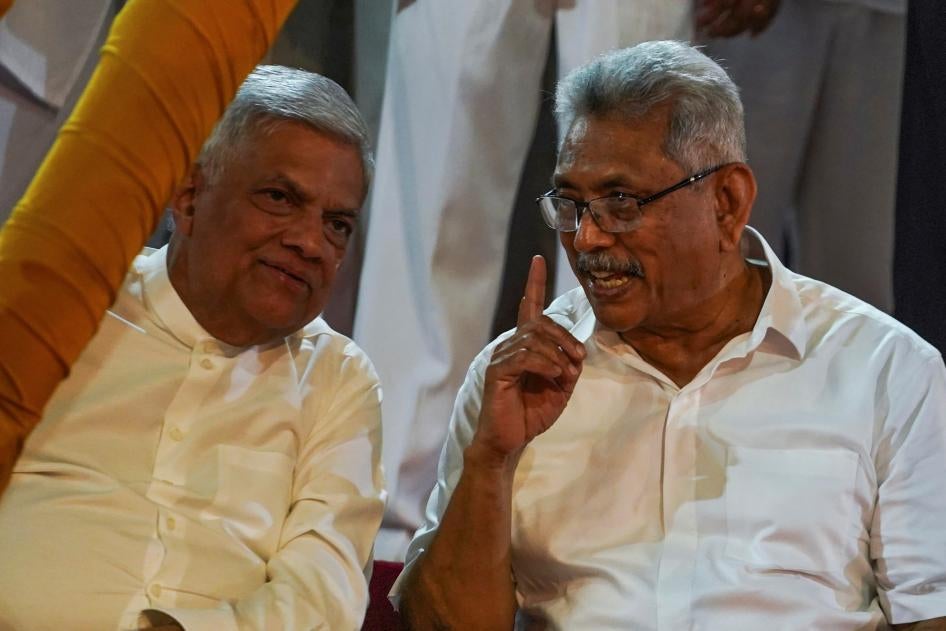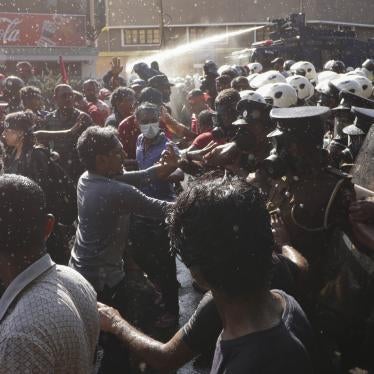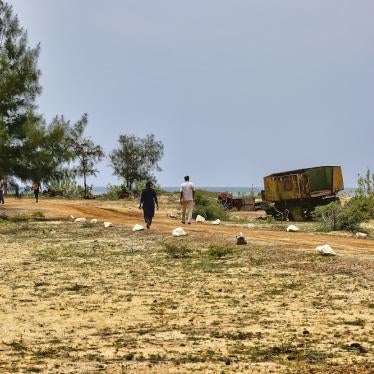On July 13, 2022, many streets in Colombo – Sri Lanka’s capital – erupted into celebration after weeks of peaceful protests forced then-President Gotabaya Rajapaksa to flee the country. Rajapaksa, long implicated in war crimes when he was defense secretary, had presided over an economic catastrophe amid allegations of widespread corruption and impunity.
But a year later, despite some superficial changes, there is no sustained improvement in the country’s economic situation that impinges many people’s human rights. The acute shortage of fuel that was the most visible feature of the economic crisis has eased. But more than six million people – nearly 30 percent of the population – are food-insecure and require humanitarian assistance, according to the United Nations. Seventeen percent of children under age five have stunted growth.
Meanwhile, the new president, Ranil Wickremesinghe, has used the police and military to crack down on protests. While the previous government had announced a moratorium on the use of the draconian Prevention of Terrorism Act, Wickremesinghe used the law to detain student protest leaders.
A revised counterterrorism law proposed by the new administration would have handed sweeping powers to the police, the military, and the president and created a set of new speech-related offenses. The government was forced to pause the legislation amid widespread outrage, but authorities are nevertheless using other laws to clamp down on free speech.
The government also continues to pursue abusive policies against minorities, such as “land grabs” in the north and east, targeting Tamil and Muslim-owned land, including places of worship, on a variety of pretexts.
Tamils seeking to memorialize people who died in Sri Lanka’s 1983-2009 civil war are subject to intimidation and banning orders. Relatives of victims of enforced disappearance, who are campaigning for truth and accountability, are kept under surveillance by the intelligence agencies. Minorities in the north and east face restrictions on expression and association far greater than in the rest of the country.
Sri Lanka remains in an economic, political, and human rights crisis. President Wickremesinghe should recognize that upholding rights and pursuing accountability for grave crimes is essential to addressing the country’s problems.










